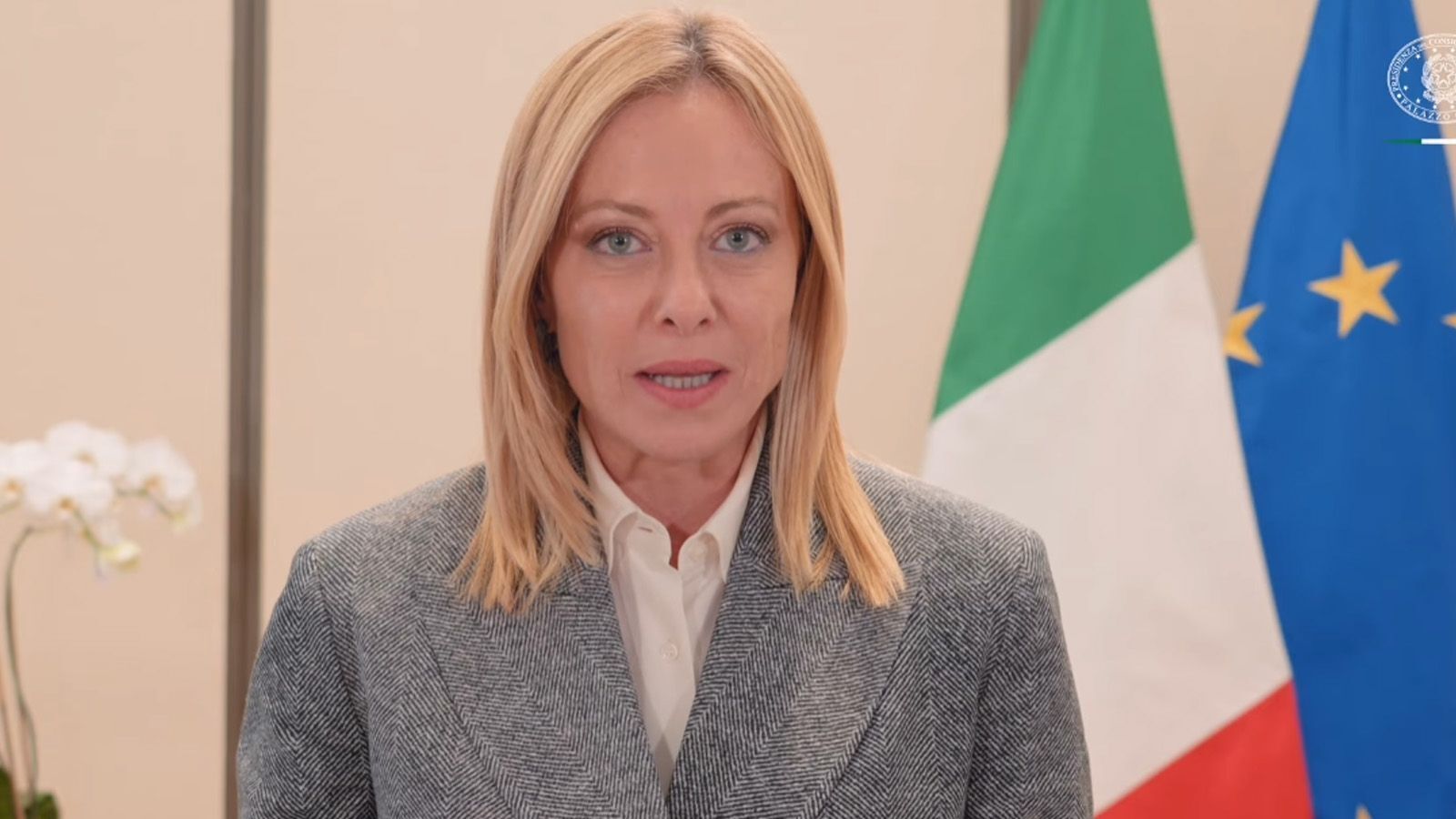
Italy Proposes “Burqa Ban”

Proposed Ban
Italy’s Prime Minister Giorgia Meloni and her political party called for legislation this week that would ban burqas and niqabs in public spaces across the country.
Context
The burqa is a full-body garment that covers women from head to foot, including a mesh screen over the eyes, while the niqab is a face veil that leaves the area around the eyes clear. Some Italian regions already restrict face coverings – northern Lombardy banned them in public buildings and hospitals in 2015. France became the first European country to introduce a nationwide burqa ban in 2011, followed by Austria, Denmark, Belgium, and the Netherlands.
Proposed Legislation
On Wednesday, Meloni’s Brothers of Italy party presented a bill to parliament to ban burqas and niqabs, proposing fines between approximately $350 and $3,500 for wearing face-covering garments in shops, offices, schools, and universities.
The legislation aims to combat what the party called “religious radicalization and religiously motivated hatred,” stating in its introduction that “the spread of Islamic fundamentalism... undeniably constitutes the breeding ground for Islamist terrorism.”
Additional Provisions
The bill extends beyond face coverings to include new criminal penalties for what it terms “cultural crimes,” including virginity testing and strengthened punishments for forced marriages, which could result in prison sentences of up to 10 years.
The legislation would also impose strict financial transparency requirements on Muslim organizations that lack formal agreements with the Italian state, requiring them to disclose all funding sources.
Support and Opposition
Meloni’s coalition holds a strong parliamentary majority, making the bill likely to pass, though no timeline has been set for debate.
Muslim groups criticized the proposal, with the president of the Union of Islamic Communities of Italy stating that “freedom of choice is a fundamental principle in a democratic society” and warning that blanket bans “risk creating social tensions and discrimination rather than fostering integration and dialogue.” An estimated 2M Muslims live in Italy.



